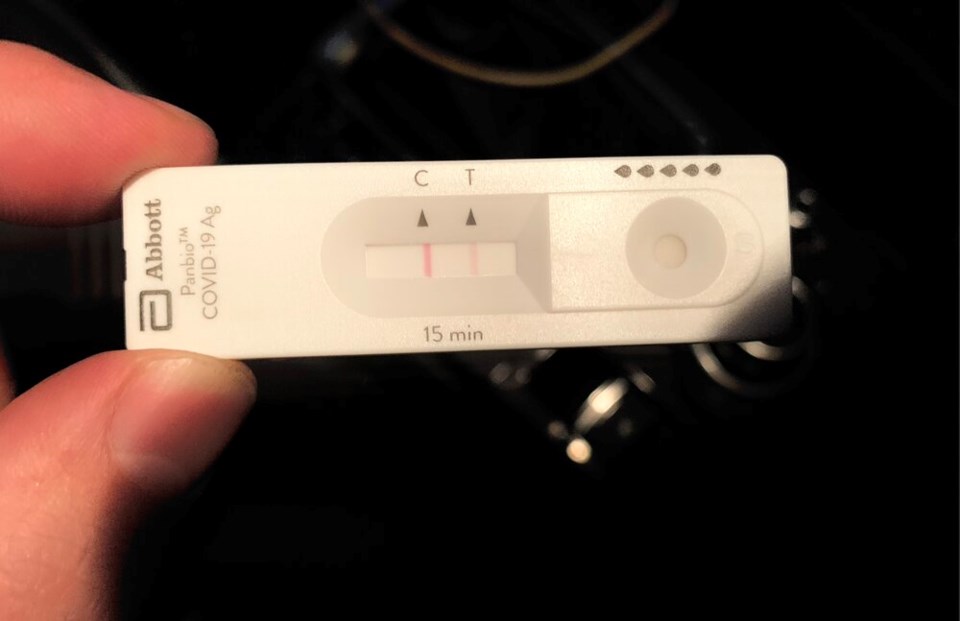COVID-19 rapid antigen tests have now been handed out to teachers in North and West Vancouver schools, and tests for students are expected in the next month, say school officials.
Two rapid tests for each school staff member, including casual employees and teachers on call, were handed out in the first week of February in North Shore schools.
In the North Vancouver School District, that included 5,100 rapid antigen tests, said school superintendent Mark Pearmain.
Teachers and staff in the West Vancouver School District were also provided five N95 masks each.
Rapid tests coming for students, families
Rapid tests for use by students and their families are expected to arrive anytime between the end of February and middle of March.
Pearmain said test kits will be going first to Northern and more rural school districts, so students in the Lower Mainland may have theirs provided later in that time frame.
Both school districts report that levels of absenteeism due to sickness in both staff and students have been steadily declining this month.
Pearmain said early in January, school administrators were concerned that schools might have to close temporarily if too many staff members were off sick with the virus. But that didn’t happen, he said.
Absences due to illness are also on the decline, he said. “Essentially, we think we’ve passed the peak that we would have seen for staff absences,” for Omicron, he said.
Absentee rates falling
In West Vancouver, staff absentee rates have only been slightly higher than they would be normally at this time of year, said Tricia Buckley, spokesperson for the school district. So far, teachers on call have been able to fill in when needed, she said.
The news about stabilizing absence rates and rapid tests for teachers and families comes as all signs point to declining rates of COVID-19 on the North Shore in general.
PCR tests for new infections – which measure a small subset of total infections – positivity rates for those tests, and virus levels detected in wastewater going in to the Lions Gate sewage treatment plan all indicate rates of new infections are falling.
School restrictions remain in place
So far, restrictions including those banning spectators at school sports events remain in place, even as other restrictions in the community are being loosened.
“We do have slightly different processes that we follow in K to 12. So we will certainly work with the ministry and communicate any changes that occur within the K to 12 guidelines,” said Pearmain this week. “There are a lot of restrictions that have been eased, but don't necessarily also apply to schools. So we'll continue to follow the guidelines as they come in. Until then, it's status quo for us.”
In a press briefing last week, Dr. Bonnie Henry, the province’s medical officer, indicated she would be reviewing additional easing of restrictions before spring break in March, and again near Easter in April.
Style of grad ceremonies still a question mark
Those decisions could impact what kind of ceremony this year’s graduating class will experience. Currently, most indoor venues, including theatres, require that people present vaccine passports in order to be admitted. But school districts have said they cannot require students to present proof of vaccination, as school events are considered an essential service.





